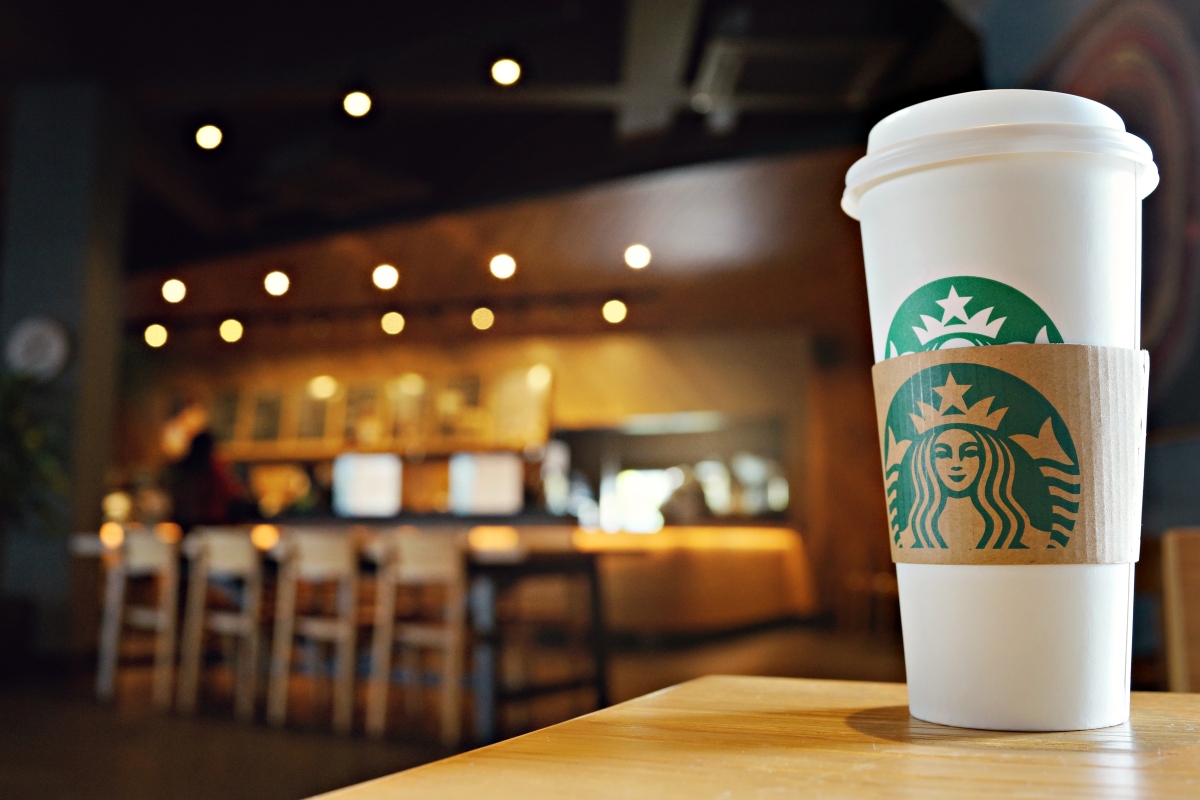In context: We’re used to seeing big tech companies being accused of using dark patterns – a user interface designed to trick or deceive people into taking certain actions. The practice isn’t limited to the likes of Amazon and Google, though. A consumer group claims in a complaint that Starbucks does the same thing with its app, helping the company claim almost $900 million over the last five years.
The Washington Consumer Protection Coalition says that the dark patterns in Starbucks’ mobile app relate to the way it makes low funds unusable.
The coalition writes in its complaint, filed on December 19, that in cases where the balance is less than the cheapest drink at Starbucks, the money essentially becomes stuck in the app. The platform doesn’t allow users to combine the funds with other payment methods or use it as a tip, meaning the only option beyond leaving it there is to add more funds. The coalition compares this to an “involuntary subscription,” though it does admit that reloading an account in stores for a custom amount of $5 or more can make hitting zero easier.
The group adds that customers can reload their Starbucks cards in specific amounts with a $10 minimum. But the app displays the minimum amount as $15 and automatically sets a default reload amount of $25.

“The Starbucks Payment Platform involves unfair and deceptive digital dark patterns that effectively trap its customers into prepaying for the company’s services,” the complaint states. “The Attorney General should take immediate action to put a stop to Starbucks’ unfair and deceptive conduct and make Washington’s consumers whole for the harms it has caused them.”
Starbucks told Gizmodo that customers can ask an in-store barista to combine their app balance with another payment method when paying for an order. It never said why this option isn’t available in the app itself.
“Starbucks rigs its payment platform so consumers are encouraged to leave unspent money on their cards and apps,” said Chris Carter, campaign manager for the group, in a statement. “A few dollars here and there left on a payment platform may not sound like a lot but it adds up. Over the last five years, Starbucks has claimed nearly $900 million in unspent gift card and app money as corporate revenue, boosting corporate profits and inflating executive bonuses.”
In an official response to the complaint, Starbucks said it is “committed to working with the State of Washington to ensure it remains in compliance with all state laws and regulations.”
Google and Facebook were fined by a French regulator in 2022 for their use of dark patterns relating to how confusing and difficult it can be to reject their cookies. Google also had to pay almost $40 million in the US for collecting location data on users without their knowledge. Amazon, meanwhile, has been accused of using deceptive UIs to push people into signing up for Prime and making canceling the service an arduous chore.

